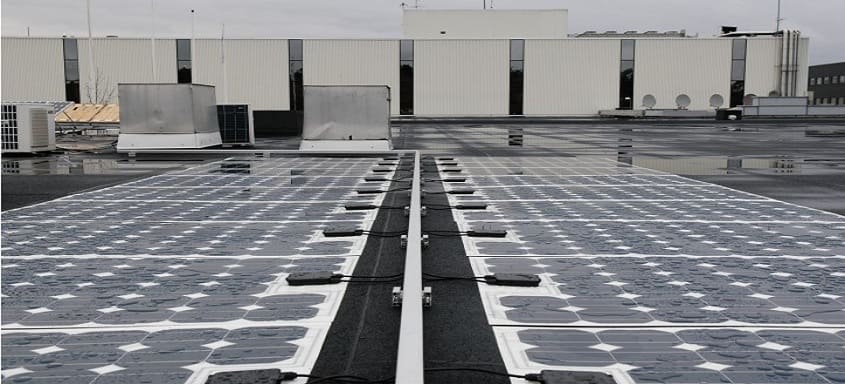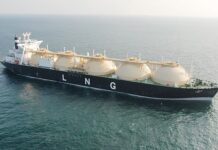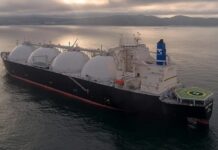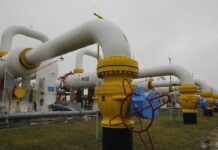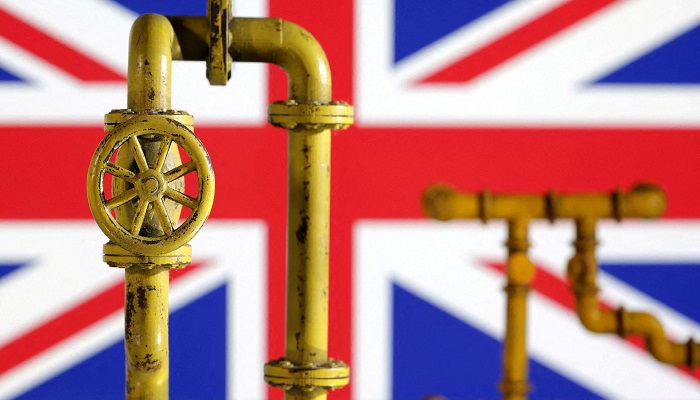For its most recent round of oil and gas licencing and priority blocks, those with the potential for quick development, the UK has attracted 115 bids, which could be chosen as early as April.
931 North Sea tracts were offered in the 33rd round, which ended last week. They were distributed among 258 blocks and part-blocks, and they were awarded to 76 businesses.
The North Sea Transition Authority (NSTA), a regulatory body, observed that four priority regions with known hydrocarbons were included in the available acreage. These areas attracted intense interest, and production might start there in 18 months.
The proposals will now be thoroughly examined with the goal of rapidly awarding licences and assisting licensees to go into manufacturing as soon as necessary. After licencing and before production, various consents are required to make sure that these developments also adhere to the net zero standard, according to the North Sea Transition Authority-NSTA.
Given that the priority areas already contain current discoveries, the authority anticipates that these cluster areas may be brought online significantly sooner since the typical time between current discoveries and initial production has been almost five years.
According to Nick Richardson, the NSTA’s head of exploration and new enterprises, the round has seen a strong response from industry, which has surpassed application levels compared to previous rounds.
They are currently putting in a lot of effort to analyse the applications in order to issue the first licences in the second quarter of 2023.
Taking care of energy security
The NSTA’s efforts to assist UK energy security include licencing the bulk gas storage facility and persuading operators to consider reviving closed wells. The 33rd Round is a crucial component of this effort.
The illegal invasion of Ukraine by Putin, according to UK Energy and Climate Minister Graham Stuart, has caused instability in the world’s energy markets.
It’s excellent to see such interest from businesses in this round, with the awarded licenses poised to play a part in upgrading domestic energy output and guaranteeing the UK’s long-term energy security of supply.
According to the authority, efforts to achieve energy security and net-zero greenhouse gas emissions through the year 2050 coexist and complement one another.
New developments often have fewer emissions than older fields, which can help cut production emissions in total. Consuming gas through the North Sea also lessens the need to use liquefied natural gas, which has a double carbon footprint.
In the UK, production emissions have decreased by more than a fifth between 2018 and 2021. The North Sea Transition Deal was signed in 2021, and according to projections, the industry will achieve the reduction targets of 10% by 2025 and 25% by 2027.





